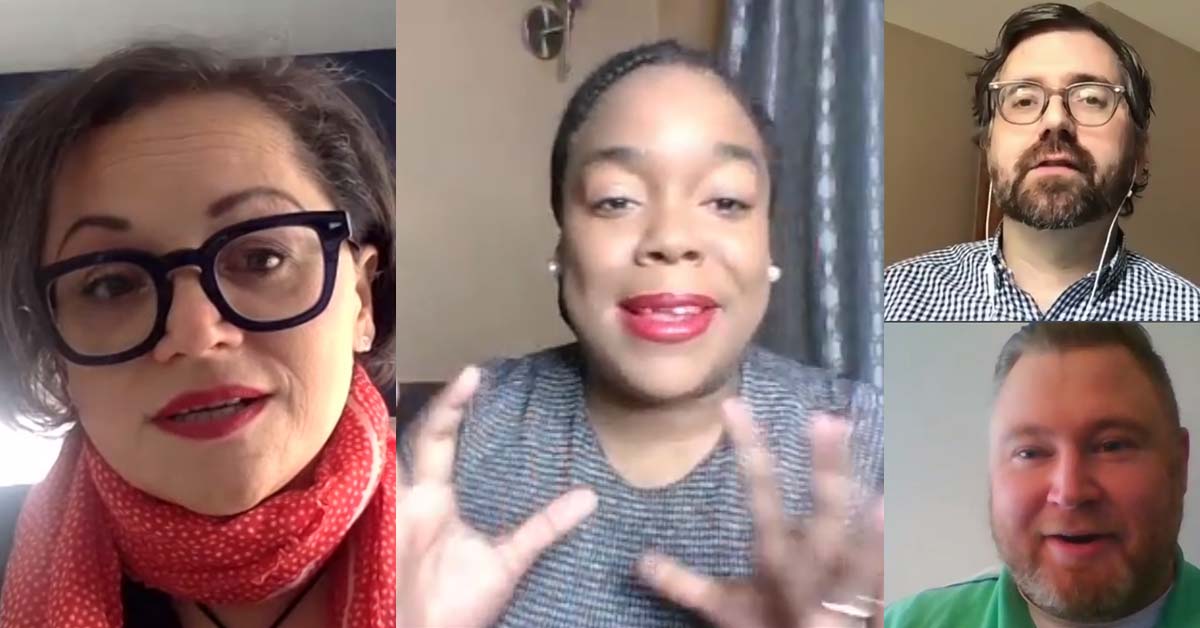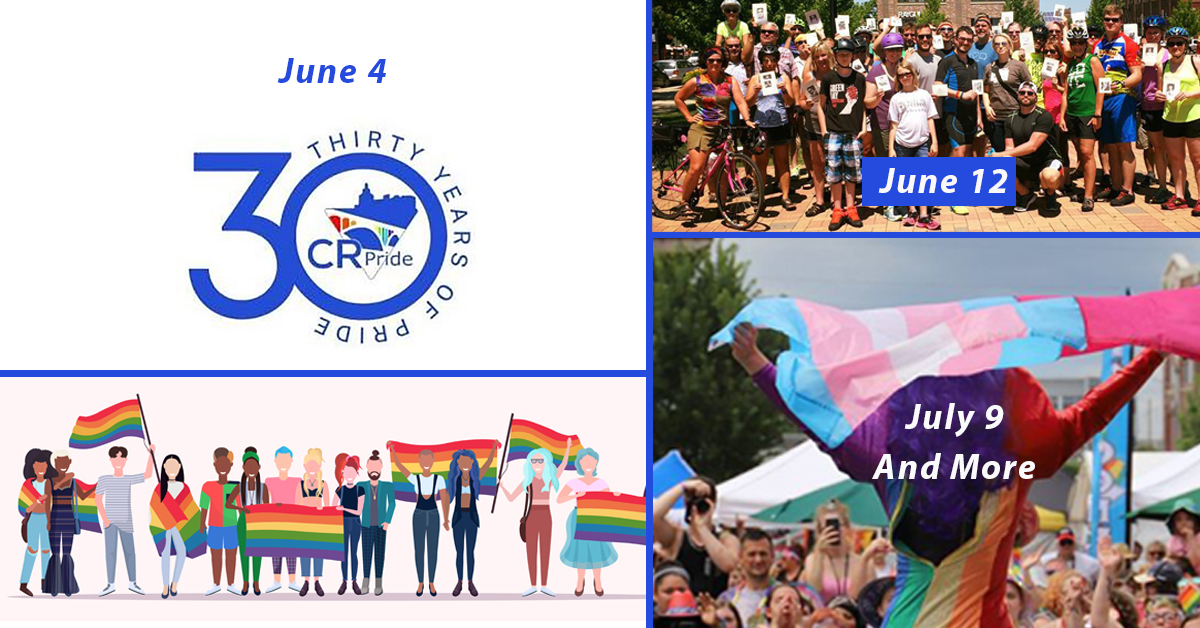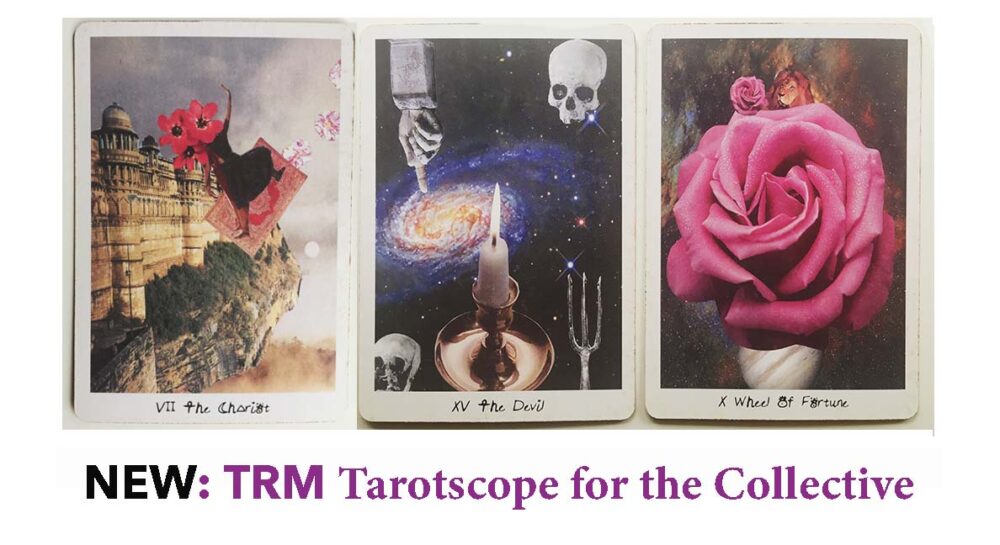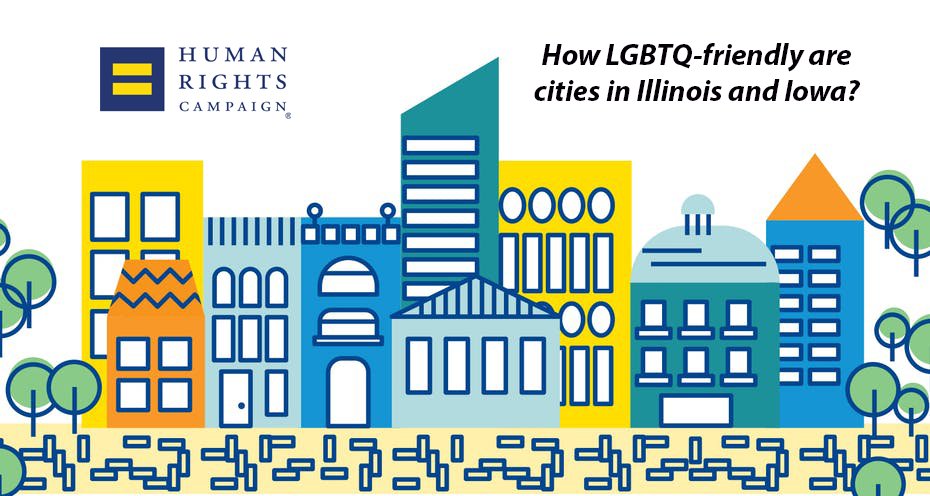The progressive post-mortem is already in on last week’s presidential election, and it’s grim: support for Donald Trump grew this year among Blacks, Latinos and LGBTQ people.
Trump doubled his support among Black women, from 4 to 8 percent, Newsweek reports. Among Black men, support for Trump grew from 13 to 18 percent.
An estimated 36 percent of Latino men voted for Trump, up from 32 percent in 2016. Among Latino women, support for Trump grew from 25 percent to 28 percent. And about one-fourth of Trump voters this year identified as LGBTQ — twice the percentage of Trump voters that self-identified as LGBTQ in 2016, reports the Advocate Magazine.
Native American voters are estimated to have turned out in greater numbers this year and were key to Biden’s victories in Wisconsin and Arizona, but their historically strong support didn’t really increase. And as they have in the past, white women went for Trump somewhere around 53 to 55 percent.
Overall, the numbers — based on exit poll data — spell huge challenges for the progressive movement, say several activists involved with Equality Illinois.
“I’m disheartened and disgusted,” said Kina Collins (center in cover photo) during a Town Hall last week sponsored by the group. “This was literally the fight and the election of our lifetime…. Trump expanded his base of people and he actually increased his voter turnout.”
Collins is a gun reform advocate who also challenged U.S. Rep. Danny K. Davis earlier this year for Chicago’s 7th Congressional District Democratic nomination. She says the few gains of this year’s election are “not nearly enough given the conditions that have happened in the last four years.”
Mony Ruiz-Velasco (left in cover photo), an attorney and immigrant rights advocate, noted the tremendous amount of work ahead to reach Latinos in particular, but all demographic groups.
“I’m in shock that so many people voted for him,” she said. “Men in every racial category were more likely to vote for Trump. What does that say about our country, and about toxic masculinity?”
Ironically, the only demographic group that showed less support for Trump this year than in 2016 was white men. Only 58 percent of them supported Trump this year, compared to 62 percent four years ago. Among white women, support for Trump stayed roughly the same, depending on different sources, at just over 50 percent.
And while the majority of marginalized people still cast their votes for a Democrat, the numbers demonstrate a challenging reality: Trumpism’s appeal to marginalized people is seeping, and overcoming it will require more and better communication with Blacks, Hispanics, LGBTQ people, and white women.
“I was floored,” said Michael Ziri (lower right in cover photo), policy director for Equality Illinois, shaking his head at the likely Trump support among LGBTQ people. He also said LGBTQ and BIPOC people in Illinois suffered a huge setback when voters rejected the Fair Tax. If approved by voters, the Fair Tax would have installed a progressive tax that asked more of corporations to generate additional social service funding, tax relief, and help for people who rely on public assistance.
Ziri said now, the state will likely face cuts in assistance programs. “Marginalized communities will be affected,” he said.
GOOD NEWS AMONG THE BAD FOR PROGRESSIVE VOTERS
The group acknowledge some of the election’s good news:
- LGBTQ and BIPOC Chicagoans played a key role in the Michigan victory for Biden, panel members said, because so many helped to canvass voters in southwestern Michigan.
- The overall coalition that helped elect Joe Biden was diverse and covered several progressive areas, said Brian C. Johnson (upper right in cover photo), head of Equality Illinois. He specifically mentioned the Sierra Club, Forward Illinois, Planned Parenthood of Illinois, and organized labor groups.
- Illinois will likely end up increasing its registered voters by 75 percent, Johnson said.
- Reducing gun deaths is getting some reinforcement from other laws, Collins said, like the state-level Firearm Restraining Order; the federal Violence Against Women Act that increases penalties for domestic abusers; and the federal Equality Act that provides the same civil rights protections to LGBTQ people that are already provided to BIPOC people and women.
The group also talked about key goals for the coming year:
- Earning support for an Illinois state law that would mandate sex education. Collins said Illinois is among only 21 states that do not already require sex or health education for teens.
- Breaking the for-profit immigration detention industry that makes money off of holding people who are detained by ICE.
- Keeping watch on the many Biden administration appointees likely to come from the Obama administration, and ensuring a more progressive approach is taken on issues than was taken by the Obama administration.
Collins also said voting rights protections need to be increased at the state and federal level. And Collins said Black women need to be recognized more for their contributions to progressive causes, as both candidates and voters. Despite increasing their support for Trump like most other marginalized groups, Black women still overwhelmingly voted against him (91 percent).
“Everybody needs to start voting like Black women. We have always been the moral fiber, and the backbone of this country…. People need to start electing Black women into office.”
(This article was originally published Nov. 9, 2020)






